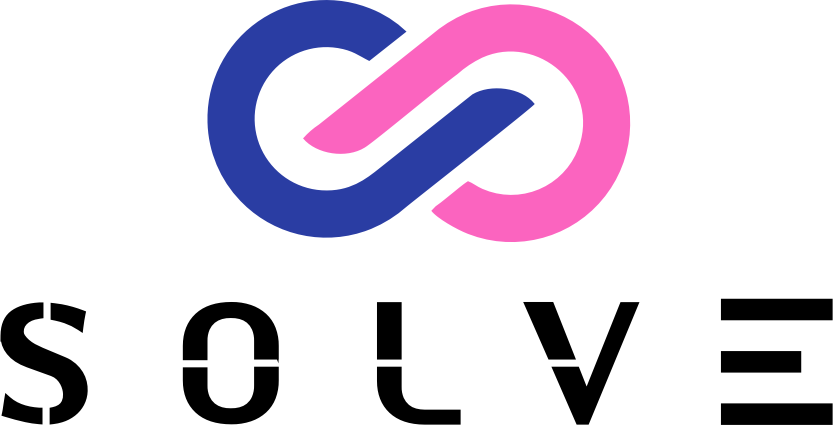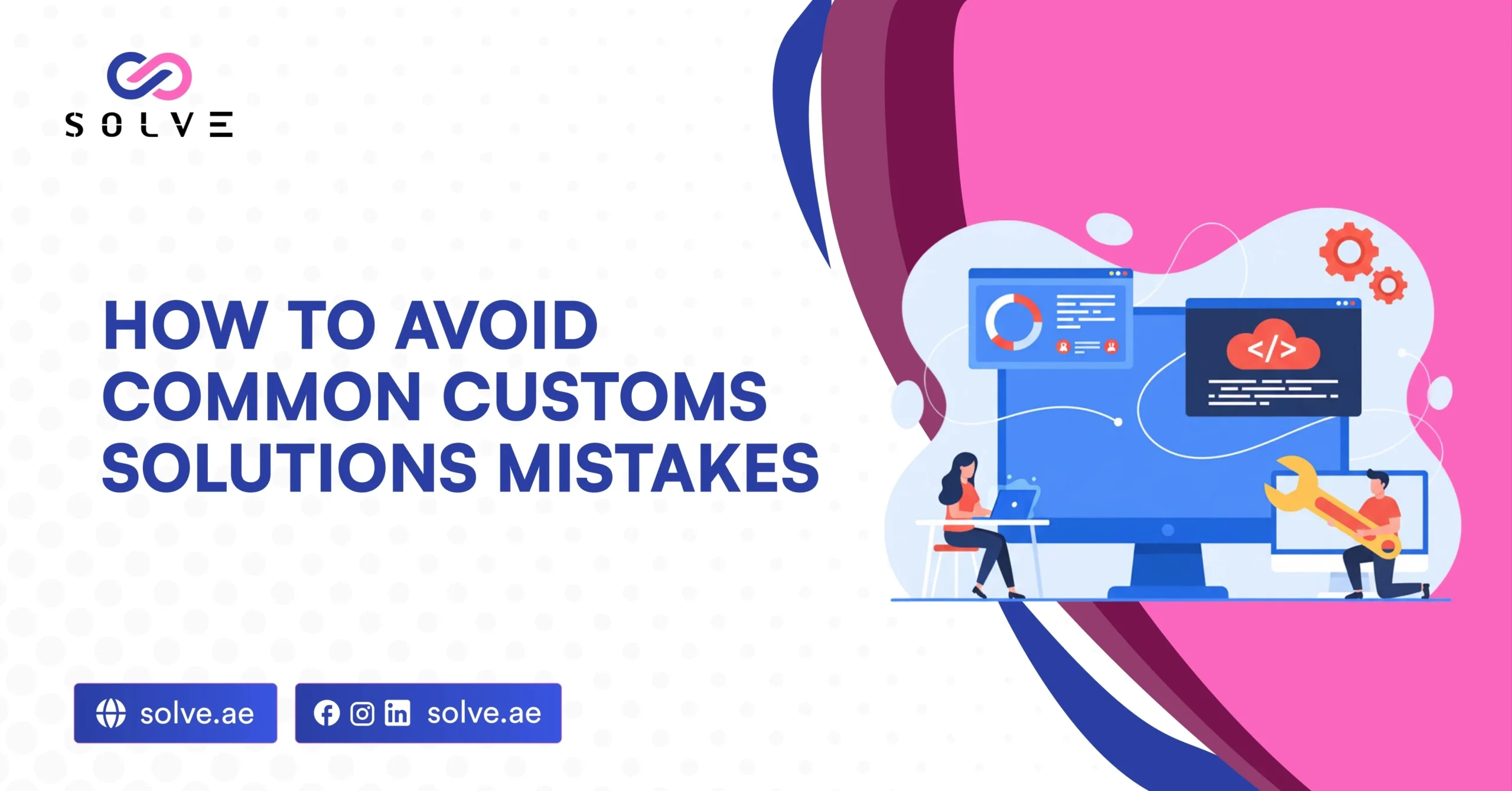- By Vanshika Choudhary
- October 28, 2025
In today’s interconnected world, companies rely on customs services for seamless and efficient international trade. On the other hand, customs rules can become very complicated and change frequently. Incorrect customs processing can result in substantial fines, prolonged delays, and erosion of trust among business partners. In this piece, we shall reveal the most frequent customs mistakes and suggest actions to keep your business up-to-date and running smoothly.
-
Familiarizing with Customs Regulations
Correctly comprehending both local and international customs laws is the first step to preventing mistakes in customs. Different countries impose exceptionally different customs regulations. Not fully understanding these differences can lead to costly mistakes.
Take, for example, U.S. and E.U. customs requirements with their differences. The U.S. may place certain goods under one specific tariff code, while the E.U. could come up with a different classification for the same item, which would result in different duties or taxes. This disagreement could mean your cargo would have to wait longer, or you would have to pay more or less than the expected tariff.
Solution: Keeping your customs regulatory knowledge high is the best method of sidestepping this problem. Staff training and the use of updated services for regulation are vital in your effort to stay updated.
-
Incorrect Classification of Goods
One of the very common and expensive customs mistakes is the misclassification of goods. The goods should be assigned the correct tariff codes (also known as HS Codes) so that applicable duties and taxes can be determined. Wrong classification might cause either overpaying or underpaying the tariffs. For instance, if a medical device is mistakenly classified as a regular consumer item, the tariff will be wrongly calculated, resulting in a financial discrepancy and possibly a fine.
Solution: The first thing to ensure that this kind of mistake is not made is that the products are correctly classified prior to their shipment. Regularly checking and confirming the right HS Codes for all received goods can be a good way to avoid misclassification. Moreover, the use of automated classification tools or consulting customs experts can guarantee that the classifications are correct.
-
Inaccurate Documentation
The Customs clearance process is very much dependent upon accurate and complete documentation. Generally, the errors are in the form of the absence of invoices, wrong descriptions on packing lists, or the certificates of origin not being provided.
For instance, if an electronics shipment arrives at customs without the required import/export license, it can get delayed, resulting in inconveniences and possibly fines going to the company.
Solution: In order to prevent mistakes in documentation, companies have to apply a thorough checklist in every shipment. This list must include each and every customs document, like invoices, packing lists, certificates of origin, and import/export licenses. Furthermore, the implementation of customs management software will simplify the whole documentation process and, at the same time, verify that all the documents submitted are complete and correct.
-
Inconsistent Communication with Customs Brokers
Customs brokers are the essential link in the chain of international trade. However, if there is a lack of communication with brokers, it might cause misunderstandings, errors in paperwork, and the filing of customs declarations incorrectly with the wrong information.
Solution: Clear and consistent communication with your customs broker is vital. Make sure that your broker has all the detailed product data you want to provide upfront, including specifications, use, and any qualifications for tariff reduction or exemption. Intermittent meetings with your broker to go over shipping timeframes and documentation can be beneficial in avoiding any possible complications.
-
Failure to Keep Up with Changing Tariffs and Duties
Tariffs and duties are always subject to change as political moves, trade agreements, and global trade policy shifts are among the factors that can cause this fluctuation. There is a risk of incurring additional unexpected costs and facing delays if one does not keep track of these changes. A good case in point is that of the customs tariffs between the EU and the UK, which changed after Brexit, thus requiring businesses to follow new rules.
Solution: In order to minimize the risk of an unexpected increase in tariffs, companies ought to either make use of automated devices or seek advice from customs consultants who focus on keeping track of changes in tariffs and duties. Another means of reducing the risk is conducting audits of duty and tariff rates regularly, which will enable a company to assess if its pricing and compliance processes need to be changed accordingly.
-
Overlooking Customs Compliance Audits
One more common mistake is the overlooking of compliance audits that are carried out regularly. On a larger scale, not auditing past shipments can cause the non-detection of past mistakes, which in turn can affect your current compliance status.
For instance, a customs audit might reveal that in the past, the product classification for your shipments was wrong, and this would lead to back-tariff adjustments or penalty fees. Check out our latest blog post on How AI Is Changing the Future of Web Development.
Solution: It is recommended that companies carry out regular internal audits as a means to assess their customs compliance practices. This process includes a thorough examination of previous shipments, verification of product classifications, and ensuring that all necessary documentation is submitted properly.
Conclusion
It is very important for companies doing global trade to steer clear of the typical customs mistakes. Knowing the customs laws, classifying the products correctly, having good documentation, and being aware of the tariff changes can help you dodge errors that cost you a fortune. Contact us as regular audits, clear communication with brokers, and supply chain integration are also ways that help to reduce risks.
If your company is facing difficulties with customs compliance right now, it would be a good idea to take a look at your processes and start implementing the solutions stated above. An effective and efficient customs operation will not only take less time and cost but also make international trade smoother.




